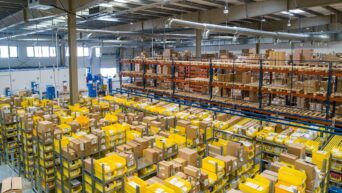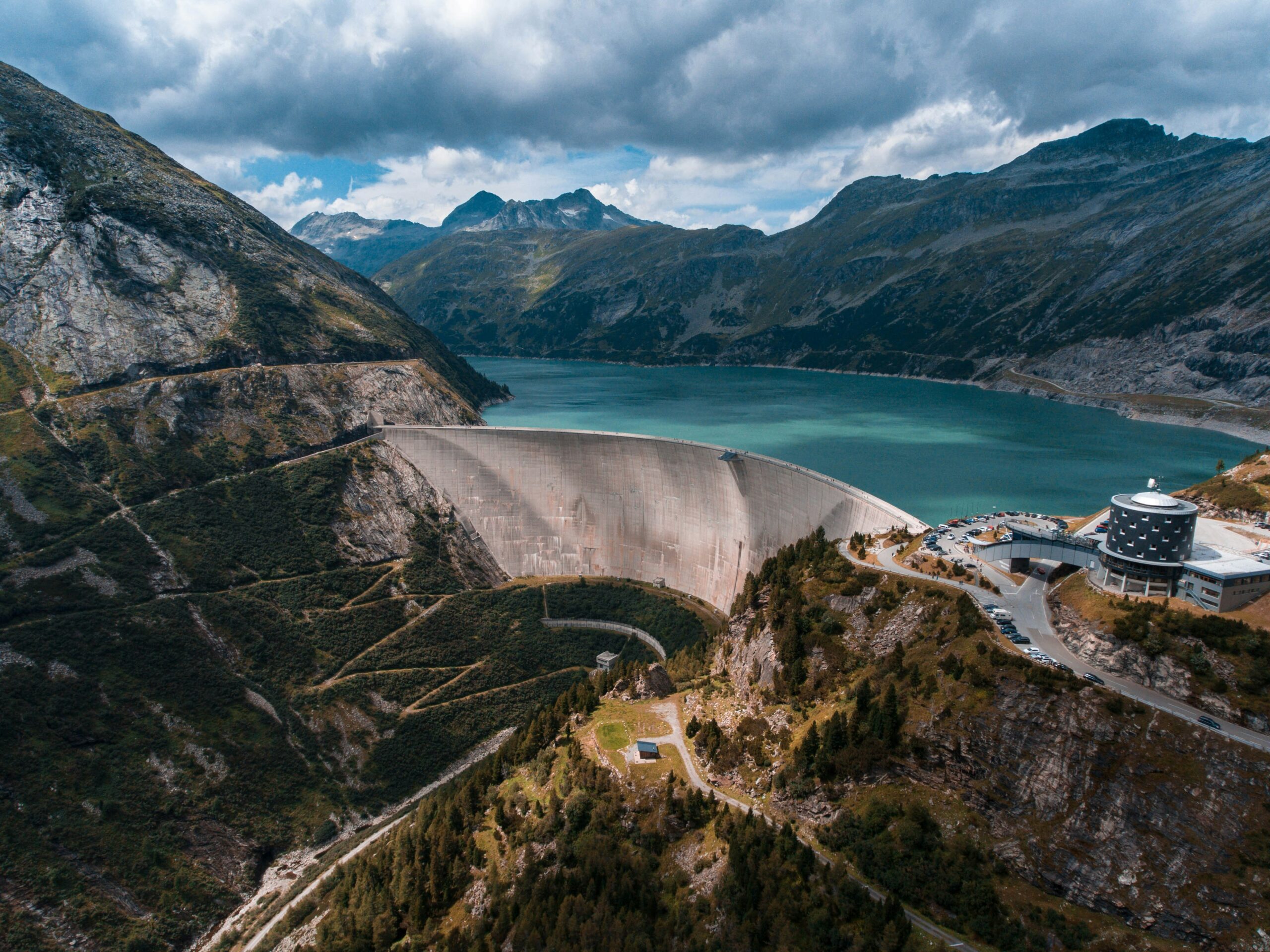Tech giant invests in clean energy to power growing AI infrastructure and meet carbon-free goals
As artificial intelligence continues to reshape the tech landscape, Google is making a major investment to ensure it has the clean energy needed to keep up. The company announced a $3 billion deal with Brookfield Renewable Partners to source carbon-free hydropower, marking one of its largest renewable energy commitments to date.
The agreement begins with 20-year power purchase contracts for 670 megawatts of capacity from two hydroelectric facilities in Pennsylvania—Holtwood and Safe Harbor. These historic plants will be relicensed and upgraded to meet modern standards and supply dependable, emissions-free electricity to Google’s ever-expanding data centers.
This deal is part of a broader framework that could allow Google to access up to 3 gigawatts of renewable energy in total. That’s a significant chunk of power—enough to support millions of homes or, in this case, a new generation of massive, energy-hungry AI infrastructure.
With AI models growing in size and complexity, tech giants like Google, Meta, Microsoft, and Amazon are racing to build larger data centers—and secure the energy to run them. These centers consume vast amounts of electricity to store data, train machine learning models, and provide cloud services around the clock. This demand has reignited interest not only in renewables but also in nuclear and gas-powered sources.
Google, however, is staying focused on its long-term sustainability goals. The company has pledged to operate on 24/7 carbon-free energy by 2030, and this hydropower deal is a key step in that direction.
“Hydropower is a proven, low-cost technology, offering dependable, homegrown, carbon-free electricity that creates jobs and builds a stronger grid for all,” said Amanda Peterson Corio, Google’s head of data center energy.
Brookfield Renewable, one of the largest clean energy operators in the U.S., sees the partnership as a chance to breathe new life into established infrastructure. By modernizing plants that have been operating for over a century, Brookfield aims to support the energy transition while meeting the demands of the digital age.
Meanwhile, Google’s rivals are also stepping up their energy strategies. Microsoft recently signed a 20-year deal to purchase nuclear power, and Meta has reportedly acquired an entire nuclear facility to power its AI ambitions. These moves highlight how the future of technology is increasingly tied to energy innovation.
With its latest deal, Google is not only securing a sustainable power source for its AI future but also reinforcing its leadership in the clean energy space. As the digital world grows, one thing is clear: powering the cloud will require as much creativity as building it.


































